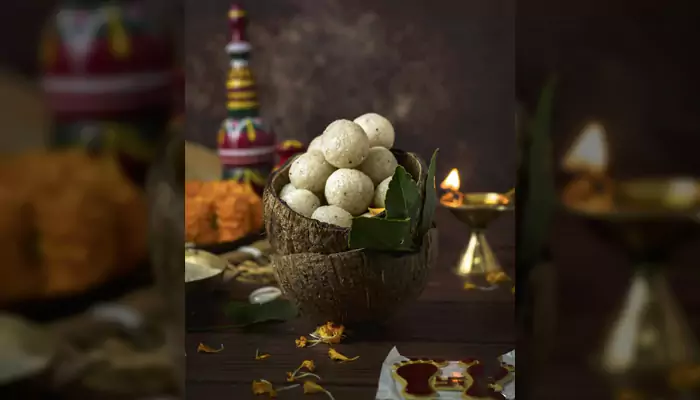Milad-un-Nabi Around the World: Diverse Traditions and Customs Honoring the Prophet’s Birthday
- Gurpreet
- 5 months ago
- 3 minutes read

Milad-un-Nabi is a day of remembrance, and honours the Prophet's role as a spiritual guide.
Milad-un-Nabi, known as Mawlid al-Nabi al-Sharif, remains one of the most significant dates in the Islamic calendar. It marks the birth anniversary of Prophet Muhammad, and is observed on the 12th day of Rabi’ al-Awwal, the third month of the Islamic lunar calendar. While some communities focus on prayer. Others celebrate it with vibrant processions, charitable acts, and cultural gatherings.
As Milad-un-Nabi in 2025 approaches, the Muslim community gears up to celebrate with regional culture, and spiritual devotion.
Historical Background
The origins of Milad-un-Nabi can be traced back to the 12th century in Egypt during the Fatimid dynasty. Over time, the traditions have taken local flavors and customs. Today, countries such as India, Egypt, Turkey, and Indonesia mark the day with large-scale public gatherings.
At its core, Milad-un-Nabi is a day of remembrance, and honours the Prophet’s role as a spiritual guide. His message of compassion, justice, and humility serve as an opportunity for Muslims to reconnect with the Prophet’s teachings.
Mosques and Islamic centers hold special sermons, with recitations of the Qur’an, and naat (poetry praising the Prophet). Community meals, charity drives, are integral to modern observances, with Islam’s emphasis on service and inclusivity.
Traditions Across the Globe
India and Pakistan: A Blend of Devotion and Festivity

In South Asia, Milad-un-Nabi is celebrated, particularly in states like Uttar Pradesh, Kerala, and West Bengal in India, and across Pakistan. Cities are decorated with colorful lights, and feature religious songs. Special feasts are prepared, featuring traditional dishes like sheer khurma and biryanis. Communities come together for night-long prayers and sessions while mosques distribute free meals, and charitable acts are worked upon.
Turkey: Spiritual Gatherings and Cultural Heritage
In Turkey, Milad-un-Nabi, known as Mevlid Kandili, relies on spirituality. People gather in mosques to host recitations of Mevlid-i Şerif, a 15th-century Ottoman poem detailing the Prophet’s life, written by Süleyman Çelebi. Unlike in South Asia, Turkish observances blend religious devotion with cultural heritage.
Middle East: Reflection and Simplicity
In countries like Saudi Arabia and Qatar, it is a public holiday, but celebrations focus on spiritual gatherings, Qur’an recitations, and scholarly lectures highlight the Prophet's life.
Indonesia and Malaysia: Community-Centric Celebrations
In Indonesia, processions known as arak-arakan have participants in traditional attire with mosques organising large dzikir (prayer recitations) and community feasts.
Africa: A Fusion of Faith and Culture
Countries like Egypt, Sudan, and Morocco celebrate Milad-un-Nabi with markets, sweets, and community events while Sufi communities gather for chants.
Milad-un-Nabi is more than just a festival but a spiritual milestone that unites over 1.9 billion Muslims worldwide. As Muslims prepare for Milad-un-Nabi in 2025, the celebrations carry a shared sense of reverence.

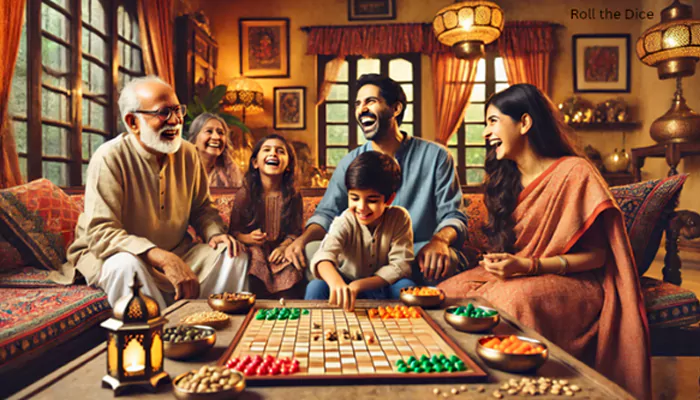
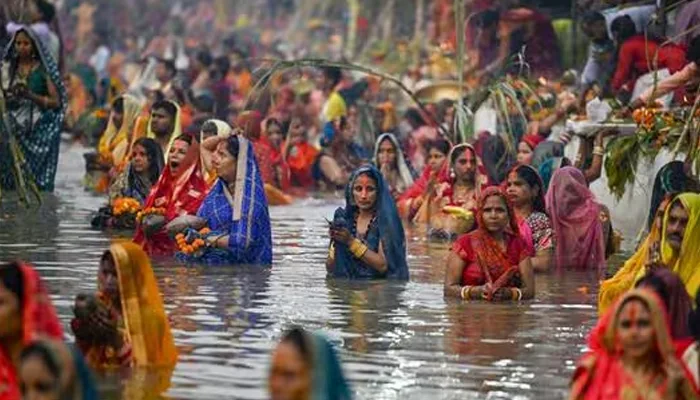


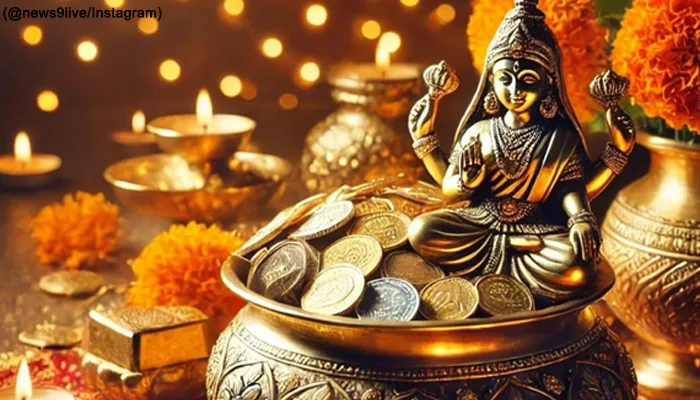
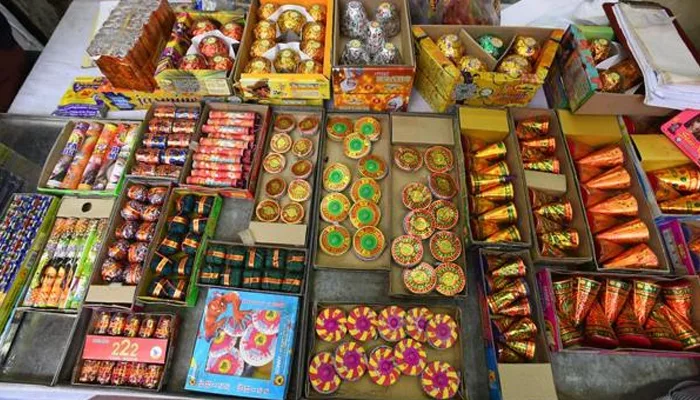
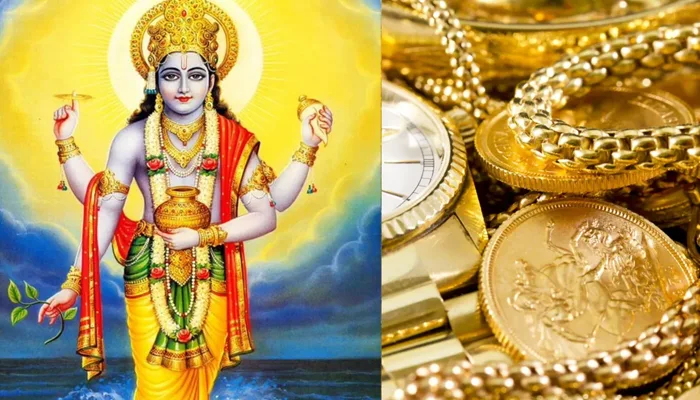


.webp)

